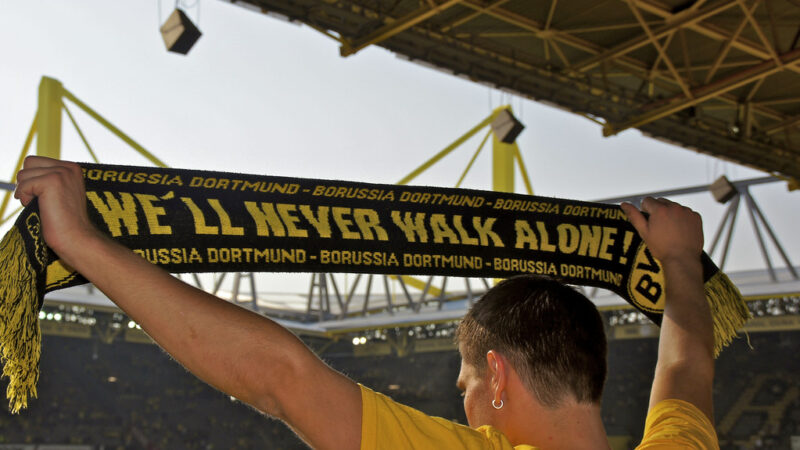From the Touchline: Want to See Through a Manager’s Eyes? Read These Books

In the era of social media and online content, we have more hot takes and analyses on matches than ever before. This weekend, we could watch Dortmund on our mobile devices and post pics and Tweets throughout. We are also reading those instant reactions to the action from other fans and journalists. After the match, we browse the web to read reactions and analyses from our favourite sites (present company included) and by the end of the day, we have formed our opinion based on the opinions of numerous others. Even as recently as twenty years ago, we had a limited number of print and internet sites that would discuss what happened in a match; now seemingly everyone is an expert.
At times though it is necessary to dig deeper into a topic. Books about football are abundant but some really dig deep into the mindset of managers, allowing the reader experience the stress and thought process of the man on the touchline. To help manage the stress of the international break, below are a few I have read and recommend that truly help readers experience the reality of being a professional manager and guide their understanding of the game. There are a number more out there that I have not read, but feel free to use Twitter to share the ones you would also recommend. Also, while many of these focus on English managers, the perspectives transfer to all leagues including the German football experience.
Living on a Volcano by Michael Calvin:
My first recommendation is one site boss Chris Darwin actually recommended to me that inexplicably I had not read. Calvin spends time with managers (and former managers) in England from Arsene Wenger to fourth division gaffers just talking with them about their situations. When discussing the sport with so many people he draws out a number of perspectives on the game, some that were quite surprising. Personally, I gained a new respect for Chris Hughton after reading his chapter about his background and how that shapes his managerial style. Anytime you read an autobiography or interview with a manager, you have to recognise that what is written is their perspective on the world and could be inaccurate. That said, Calvin gently points out where a manager’s perspective may differ from reality.
Leading by Alex Ferguson:
Speaking of delusional, you have this series of essays from one of the game’s greatest managers on how he’s succeeded as a manager. Drawing on interviews with the Harvard Business Journal and lectures at Harvard, the book looks at different aspects of being a manager. He, of course, touches on managing players and in-match decisions, but also things we do not see such as working with the Board and handling the media. I used the word delusional because there are some aspects of his history he glosses over, including shaking off the famous story of tossing a hair dryer in the locker room. Despite a rosy view of his own history, the insight of a man who has been at the top of the game is important.
The Manager by Barney Ronay:
I see a revisionist history of this book now that it is not as highly regarded as it was when it was first released. Honestly, compared to others, it is somewhat lacking but overall it is an important book that shows the progression of the position of manager in football’s history. It is incredible to see how the first football managers were essentially that – gameday managers that made sure matches ran on time and by the rules. Ronay picks certain famous men in different countries to highlight how different aspects of the sport change. As you’d expect from such a talented journalist, the writing is excellent but he keeps the chapters short to allow for digesting the points in chunks.
The Football Man by Arthur Hopcraft:
Written after England’s 1966 World Cup victory, this book is the knowledge basis and inspiration for many of the current books praised. It takes the historical perspective given by a book like The Manager and grounds it into reality with interviews with England’s greatest managers as well as others involved in the game. The book is full of prose that is flowery and yet even the modern reader can relate to the analogies and interviews.
The Damned United by David Peace:
This is slightly cheating by selecting a fiction book based on actual events. Yet Peace’s writing is amazingly good at breaking down the fictional thought process of one of the game’s most interesting managers. Brian Clough was a man of many contradictions and the book runs us through how he could have thought as he took over managing the club he hated the most. We read for ourselves how many managers likely think when they succeed a legend or take a position for money or prestige rather than fit. We get a first-hand glance on what happens when player and staff relationships go sour. Again, this is fictional but also is without the biases of a real figure walking the reader through his thoughts.






